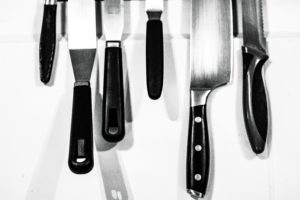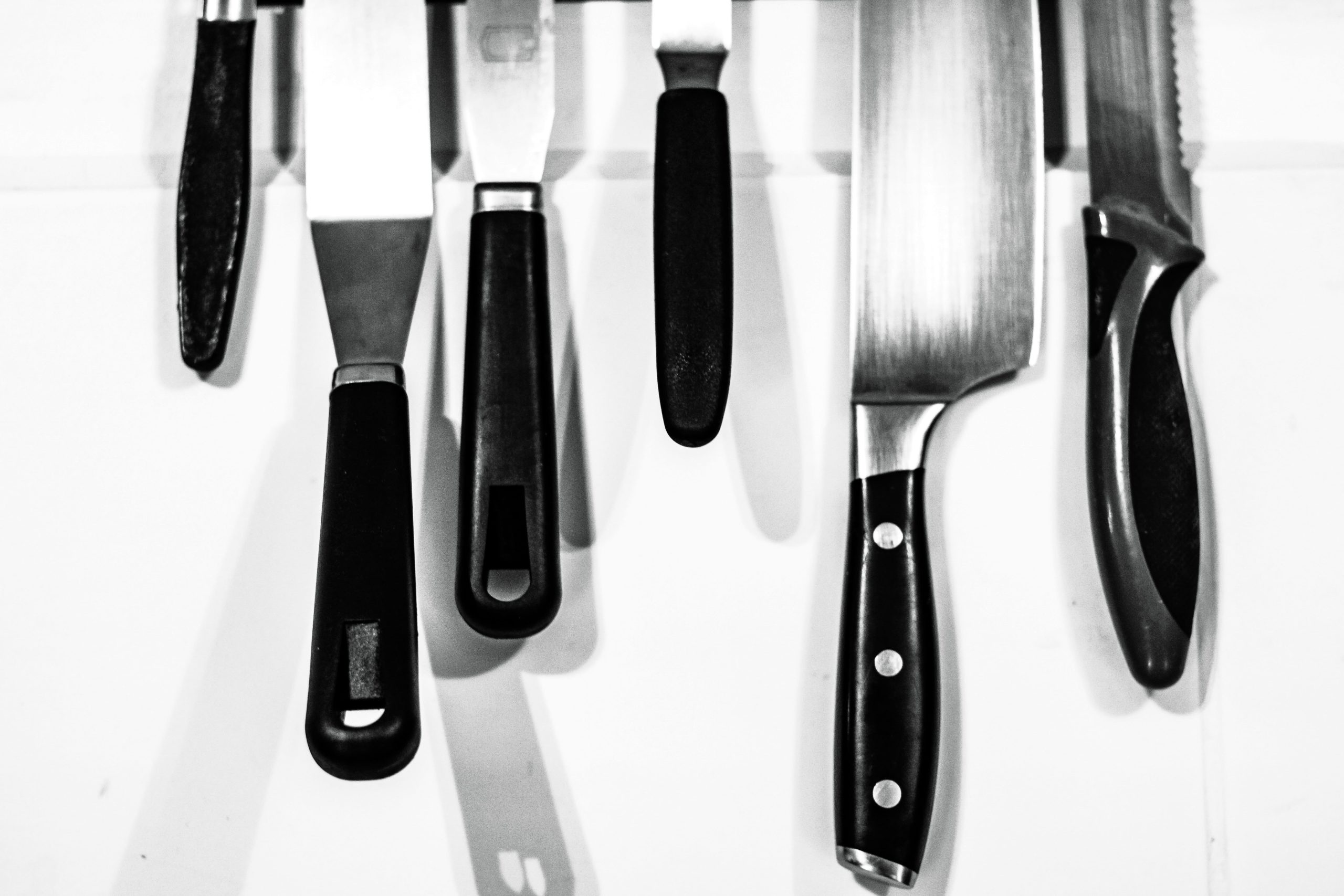 Admittedly your grease trap is not the most glamourous purchase you’ll ever get to make for your commercial kitchen, but an essential one nonetheless that makes a massive difference in the functionality of the rest of your kitchen.
Admittedly your grease trap is not the most glamourous purchase you’ll ever get to make for your commercial kitchen, but an essential one nonetheless that makes a massive difference in the functionality of the rest of your kitchen.
The grease trap, also called grease interceptor, does the dirty work for you by trapping and blocking oils, fats and other gooey globs of grease from entering the municipal sewer system. And it’s more than a nice-to-have. It’s a need-to-have (along with being a nice-to-have) if you own or operate a restaurant in Miami-Dade County (or elsewhere, for that matter).
Throughout Florida, cities and counties are moving to a zero-grease waste factor. Per the Miami-Dade County FOG Control Device Guidance Manual, even concentrations as low as 150 mg/L of fats, oils and grease (FOG) can impact the operation of sewage collection, transmission and treatment facilities.
As you look for the best grease trap for your restaurant, here are some things to keep in mind:
- Capacity – Ensure that the trap you choose can handle the amount of work it will have to do. Busy kitchens that produce a lot of grease and fat-laden foods and cookware will require a larger capacity grease trap than an operation that primarily dishes out salads. If the trap is too small for your needs, you’ll end up cleaning it more frequently and could also be out of compliance.
- Space – Depending on your restaurant design and location, the trap may be located inside or outside. When inside, they’re usually beneath the sink or flooring. When outside, they’re near the kitchen and often hidden under a manhole cover.
- Type – There are several types of grease traps, and one may suit your needs better than others. Common types include gravity traps, which are generally larger and rely on gravity and the buoyancy of FOG to separate; automatic grease traps, which re-heat and skim out the FOG on a programmed schedule; and hydromechanical grease traps, which also rely on gravity and vented flow control to separate grease.
As you determine the best grease trap for your commercial kitchen, make sure to factor in things like your location and the type of establishment you operate as well as your ability to stay on top of its maintenance. A quality trap that is easy to clean and maintain will save you time and keep you in compliance.
For help understanding the differences among grease traps and restaurant compliance regulations in SoFla, get in touch with our team at Seacoast Construction.
- test :


